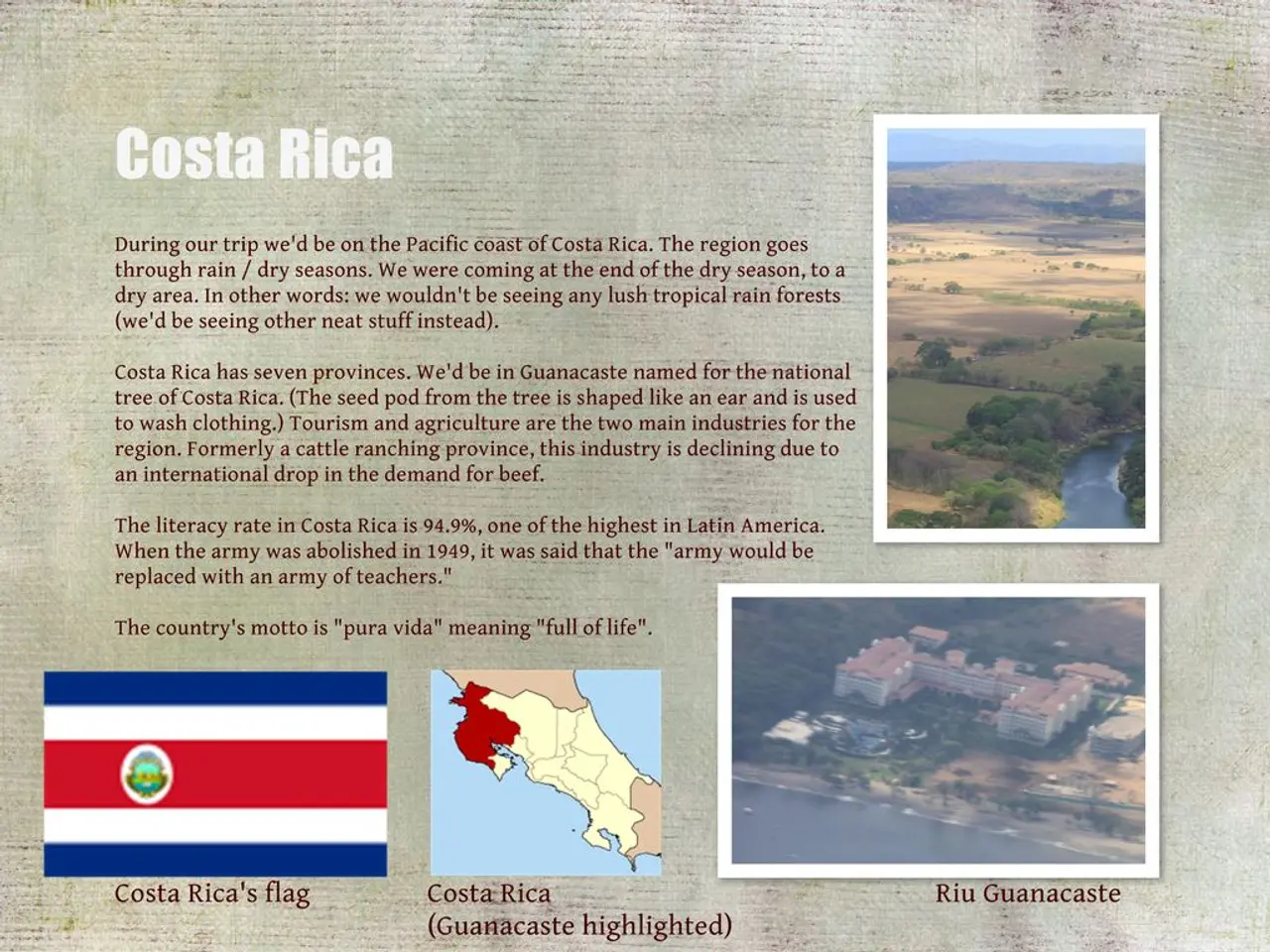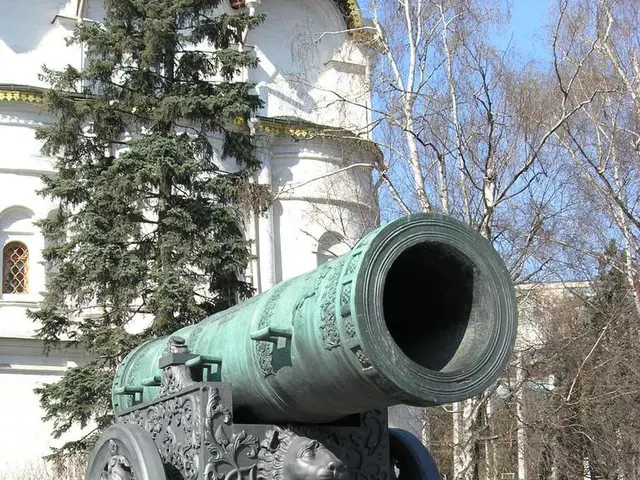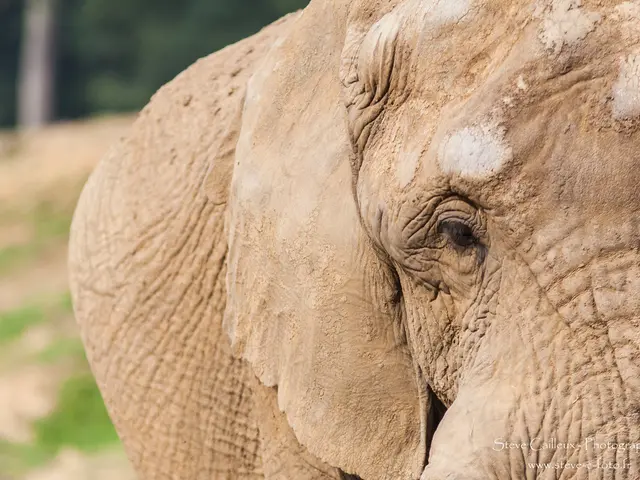Critics of Bukele face prolonged banishment from their native El Salvador
In the past four months, approximately 80 human rights activists, lawyers, journalists, and environmentalists have left El Salvador, seeking refuge in other countries due to escalating repression and the risk of imprisonment under President Nayib Bukele’s government.
The most prominent among these exiles were associated with Cristosal, El Salvador’s leading human rights group. Faced with sustained government targeting, Cristosal decided to relocate its staff and operations abroad. This decision was triggered by the arrest of Ruth López, Cristosal’s chief legal officer focused on anti-corruption issues.
Human rights defenders linked to Cristosal had documented government abuses, including torture and corruption. The Bukele administration’s alliance with the U.S. enabled projects like the notorious Centro de Confinamiento del Terrorismo (CECOT) mega-prison, where hundreds of Venezuelan migrants were unlawfully detained under brutal conditions, many suffering torture.
Amalia Lopez, an environmentalist with a decade of standing, is one of the exiles. She helped file a legal challenge against new mining rules in El Salvador and left the country in April due to fear of retribution. López's high-profile arrest led to the exile of 20 other Cristosal activists.
Another prominent figure is Jorge Beltran, a journalist who denounced corrupt officials and human rights violations for 23 years. Beltran decided to leave El Salvador when he was warned he was being targeted by the police. He plans to create a website to report on events in El Salvador from abroad.
Ingrid Escobar, a human rights activist and the director of Socorro Juridico (Legal Aid), which assists prisoners' families, also fled El Salvador due to fear of imprisonment. Escobar underwent surgery for a tumor after fleeing, leaving a wound that has yet to heal.
According to the professional association APES, a total of 47 reporters have gone into exile in recent months in El Salvador. The true number of deaths in Salvadoran prisons is estimated to be around 433, although the actual figure may never be known.
This broader forced exile reflects a crackdown on dissent linked to human rights revelations and reports of unlawful detentions and abuses in Salvadoran prisons. The Bukele-controlled Congress lifted the ban on metal mining last December, a move that has been met with criticism from environmentalists and human rights activists.
The exodus of these professionals and activists from El Salvador casts a shadow over the state of human rights and freedom of speech under President Bukele’s government. It is hoped that their work will continue from their new locations, contributing to a more just and equitable society in El Salvador.
Read also:
- Proposed Standardization of Food Labeling Laws Among Member States by the Commission
- Experimenting with Merz's Germany has stretched into an extended period of time, resembling a numerous three-month duration.
- Moderate discussions scheduled between U.S. President Trump and India's Prime Minister Modi next month, according to recent reports.
- Review of Smithsonian museums and displays conducted to guarantee compatibility with Trump administration decree








